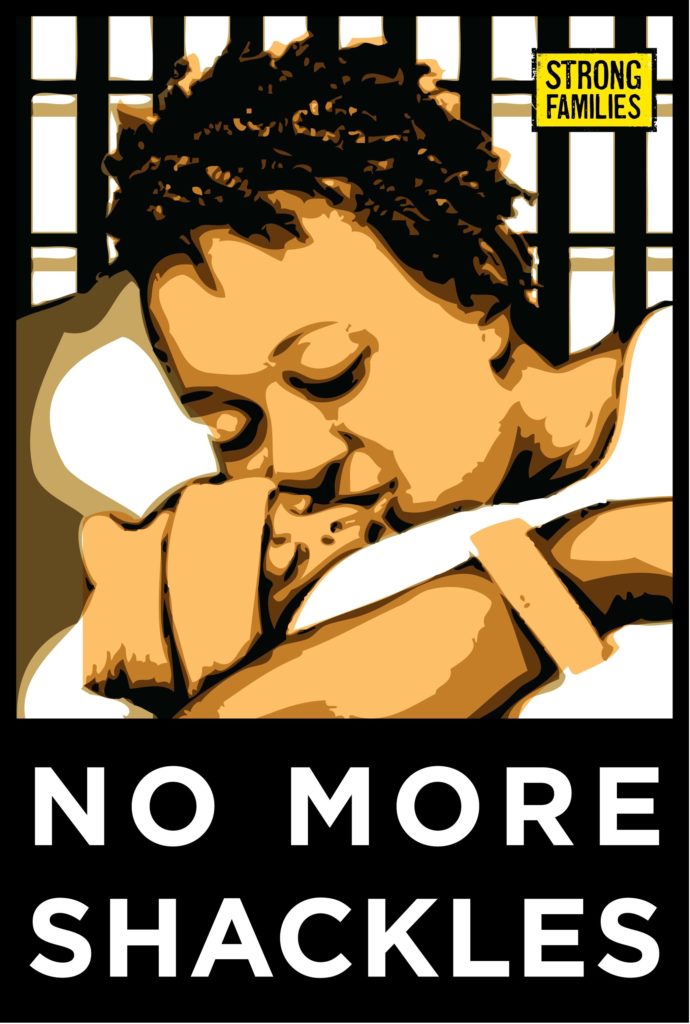
On December 13, 2023, the Pennsylvania Senate and House voted unanimously in favor of House Bill 900, known as the Dignity for Incarcerated Women Act. The new law prohibits shackling any pregnant, laboring or post-partum incarcerated individual; prohibits the use of solitary confinement for incarcerated pregnant people; and provides up to three days of post-delivery bonding time between the mother and the newborn. The new law also prohibits full body searches of incarcerated women by male guards. The new law requires and provides trauma-informed training for all corrections officers interacting with incarcerated pregnant people. The new law also provides free feminine hygiene products for incarcerated people and provides for accommodation of adequate visitation time between minor children and incarcerated individuals (male or female) who were the sole legal guardian of those minor children at the time of their arrest. As the law’s principal sponsors — Representatives Morgan Cephas, Mike Jones, and Tina Davis – wrote, “Over the past three decades Pennsylvania has seen a significant increase in the number of incarcerated women. While we believe in supporting a system that serves justice, women who are incarcerated face a number of unique issues regarding their heath and the health of their children. Despite being incarcerated, these women are still our mothers, wives, sisters, and daughters, and it is in everyone’s best interest to ensure we treat them with dignity.”
This is good news, to be celebrated. On December 14, 2023, Governor Josh Shapiro signed the bill into law. At the same time, it must be recognized that it took seven years of advocacy in the state legislature combined with advocacy and mobilization on the ground. Why does such legislation always take so long? And why does it always have loopholes, so-called discretionary clauses that leave so much up to the discretion of precisely the groups that have willingly leapt to broach women’s dignity for years, for decades? At this point, most states ban the use of restraints on incarcerated individuals, and yet it continues to occur … often: “Confusion over the laws, lack of sanctions for violations, and wide loopholes are contributing to the continued shackling of pregnant women in custody. But it’s nearly impossible to get an accurate picture of the prevalence because of limited data collection and little independent oversight.”
The new Pennsylvania law does include provisions for recording any use of restraints or of restrictive housing. The law has been passed. Now is the time for implementation. How many incarcerated pregnant women suffered `indignity’ during the seven-year period, and what becomes of their trauma and pain? State after state has passed, or delayed or refused to pass, a Dignity for Incarcerated Women Act. Perhaps it’s time, past time, to have a national discussion of the meaning(s) of dignity for women.

(By Dan Moshenberg)
(Image Credit 1: Radical Doula) (Image Credit 2: New York Times / Andrea Dezsö)
